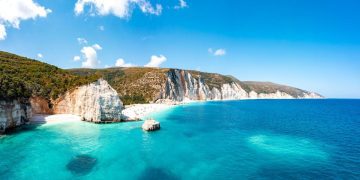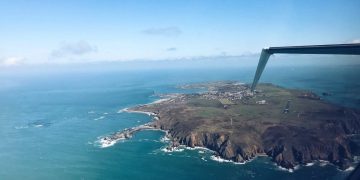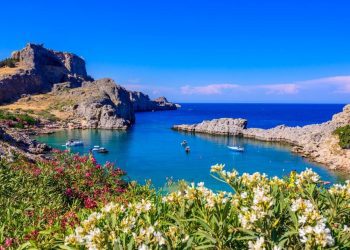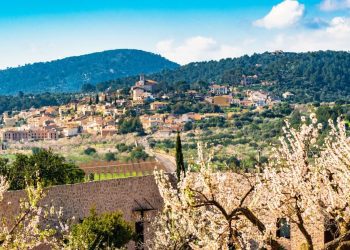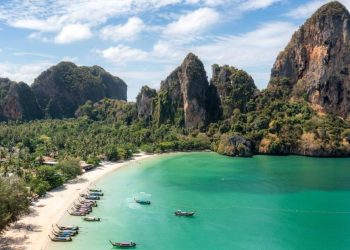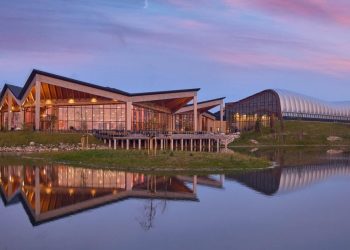
One of the UK’s biggest caravan park operators has gone into administration, affecting 11 resorts across the country.
Cove UK, which operates within the larger Cove Group of about 25 to 30 companies, is known for its family-friendly scenic locations.
While the parent company remains in business, several of its subsidiaries face an uncertain future.
Sites that could be impacted in England include Gwel an Mor Resort in Cornwall and Solway Holiday Park in Cumbria.
Meanwhile, north of the border, Scottish parks could also be affected, including Drimsynie Holiday Village, Hunters Quay Holiday Village and Loch Eck Caravan Park.
Another is Argyll Holidays, a caravan park operator based in Scotland that was bought by Cove UK for £100 million in February 2022.
An estimated 250 people are employed across the resorts during peak season. Cove’s largest resort, Seal Bay in West Sussex, will not be affected.

Adam Paxton, Rob Croxen and Ben Cairns of Alvarez & Marsal Europe LLP, have been appointed as joint administrators to Cove Communities Venture 2 Argyle OpCo Ltd, another subsidiary.
However, they have confirmed that holidaymakers will not be affected as the parks are currently closed for the season.
Adam Paxton, the managing director of Alvarez & Marsal Europe, said: ‘As administrators, our priority is to ensure a smooth transition and maintain stability across the parks.
‘We are working to ensure day-to-day operations continue with minimal disruption. Owners, residents and holidaymakers should not be impacted, and can contact the site managers with any questions they may have.’
People have shared their disappointment online, with many blaming big corporations for buying up smaller resorts.
‘This is what happens when so many eggs are in one basket. Not good news if they all go under,’ Alan Coote wrote under a Facebook post about the news.

Another said: ‘Really worrying news. Biggest financial mistake we’ve made is buying a caravan there.’
Michael Woodhouse, a sales manager at Springwood, one of the parks affected, asked for respect and understanding after a flurry of negative comments.
He wrote: ‘Those of us working in the parks had absolutely no knowledge of this beforehand, and we are continuing to operate as normal.
‘Our teams are working extremely hard, around the clock, to support all of our owners and guests during this time.’
‘Posting hurtful or negative comments doesn’t help the situation, it only adds pressure to people who are genuinely doing their best at park level.’
The UK’s caravan holiday culture
Caravans are a staple of British holiday culture.
Holiday parks have been popular for more than 100 years, with the first opening in 1894 on the Isle of Man. Their popularity surged during Covid, when travellers were unable to go abroad.
In fact, in 2022 it was reported that one in five British adults had gone on a camping or caravan holiday since the pandemic began.
In 2023, there were 6,169 holiday parks and campsites operating in the UK, accounting for 439,828 pitches.
And a 2024 report for the UK Caravan and Camping alliance found that ‘the UK holiday park and campsite sector accounted for over 5% of the tourism sector’s GDP.’
These resorts play an important role in the community, engaging with locals and providing employment opportunities for people living in rural areas.

But when life returned to normal after Covid and people could travel again, the caravan park bubble burst.
Several parks have been forced to close to make space for new housing developments.
Baltic Wharf Caravan and Motorhome Club site, on Bristol’s Harbourside, closed earlier this year in August, after 47 years of successful business, to make way for 166 new flats.
Cheap package holidays will always be attractive to travellers looking to escape the UK’s often dreary weather.
But caravan culture has been alive and well in this country for decades — here’s hoping it doesn’t get lost forever.


















